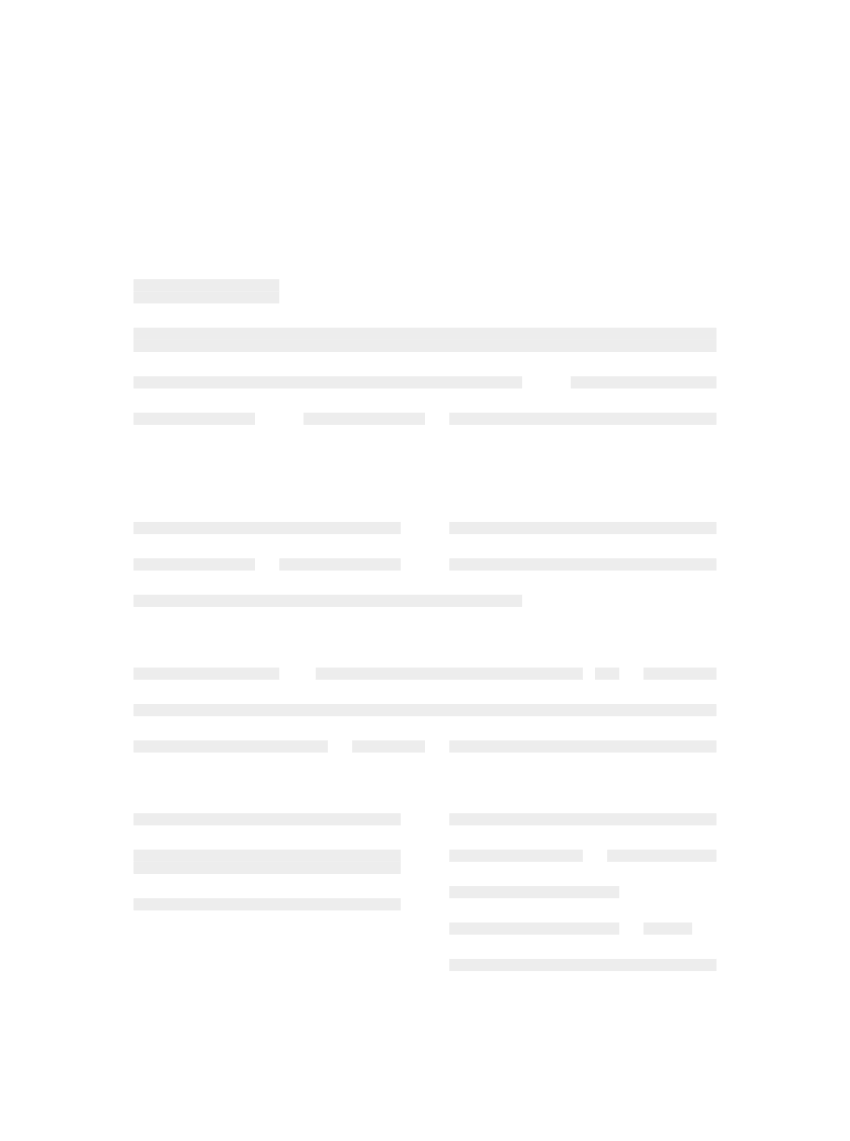Excess Dietary Fiber Can Inhibit Zinc Absorption

Although the cause in some cases may be inadequate dietary intake of zinc inhibitors of zinc absorption are most likely the most common caus.
Excess dietary fiber can inhibit zinc absorption. According to the cedars sinai medical center insoluble fiber is more likely to cause mineral absorption issues than soluble fiber which is able to absorb. 1990 low zinc intake and zinc status do affect zinc absorption. 8 mg day for women and 11 mg day for men.
Alcohol and dietary fiber can inhibit absorption. Zinc contributes to a large number of bodily processes including wound healing immune response growth and development and insulin activity. Too much of this nutrient leads to calcium being excreted in the urine.
Magnesium interaction 2 supports vitamin d metabolism. Unfortunately some foods and supplements block zinc absorption according to the 2000. Phosphorus interaction 1.
Excess of one causes a deficiency in another. According to the cedars sinai medical center soluble fiber is less likely to impede mineral absorption than insoluble fiber. Dietary factors inhibit zinc absorption.
Marginal zinc deficiency and suboptimal zinc status have been recognized in many groups of the population in both less developed and industrialized countries. Dietary fiber can be either insoluble or soluble. The national institutes of health reports that regularly eating too much fiber can inhibit your body s successful absorption of some minerals such as iron zinc magnesium and calcium.
Soluble fiber dissolves in water and insoluble fiber does not. The 2010 dietary guidelines for americans recommend that a woman consume at least 25 and a man at least 38 grams of dietary fiber daily. Long term zinc intake i e zinc status can also affect absorption of dietary zinc.
















